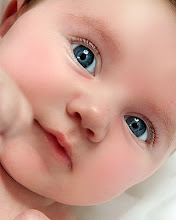
I literally wrote this one almost in a dream, rather in some kind of a trance…and then woke up and transcribed it immediately… still working on the meaning…..
You threw it at me…
In the form of a promise
And I caught it
Tight in my lips
And swallowed it
So you could never take it back…..
In the form of a promise
And I caught it
Tight in my lips
And swallowed it
So you could never take it back…..
















